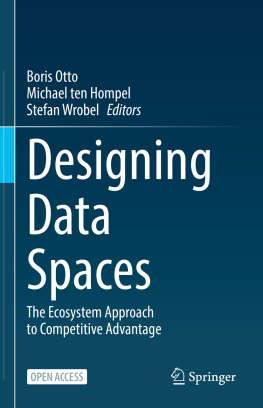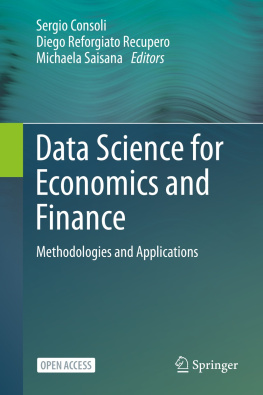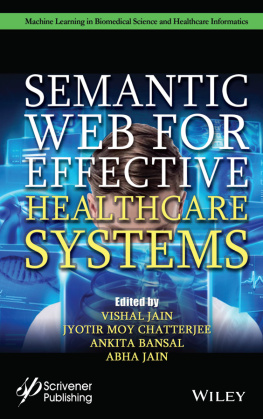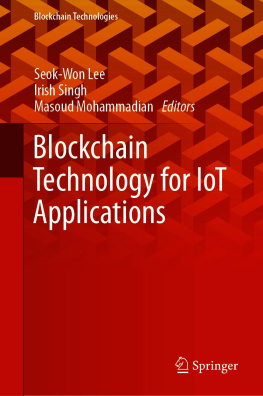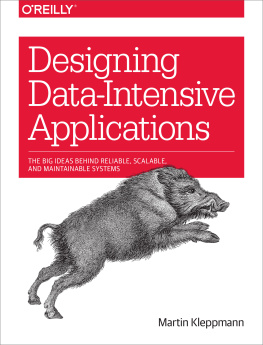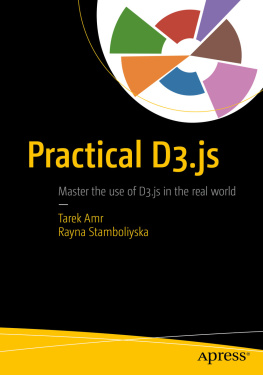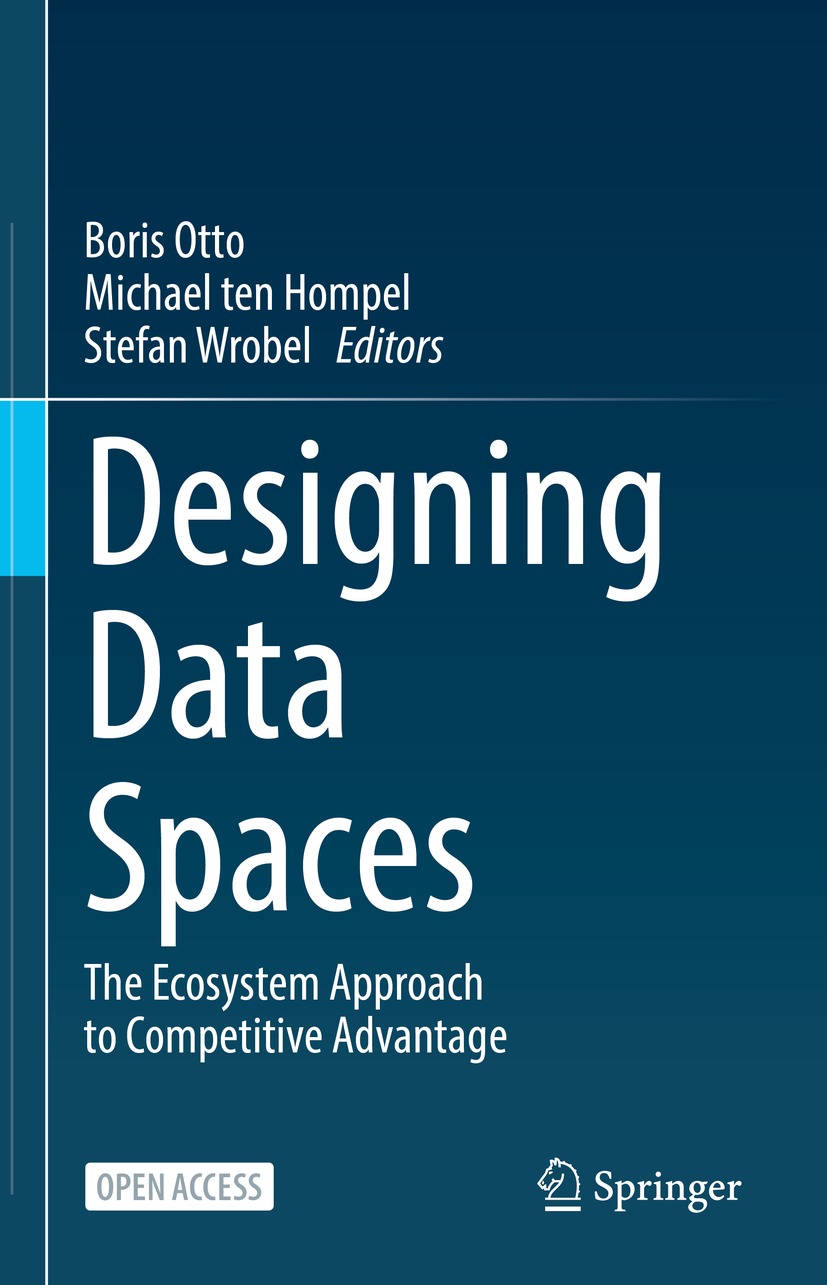Editors
Boris Otto , Michael ten Hompel and Stefan Wrobel
Designing Data Spaces
The Ecosystem Approach to Competitive Advantage

Logo of the publisher
Editors
Boris Otto
Fraunhofer-Institut fr Software- und Systemtechnik ISST, Dortmund, Germany
Michael ten Hompel
Fraunhofer-Institut fr Materialfluss und Logistik IML, Dortmund, Germany
Stefan Wrobel
Fraunhofer-Institut fr Intelligente Analyse- und Informationssysteme IAIS, Sankt Augustin, Germany
ISBN 978-3-030-93974-8 e-ISBN 978-3-030-93975-5
https://doi.org/10.1007/978-3-030-93975-5
The Editor(s) (if applicable) and The Author(s) 2022
This book is an open access publication.
Open Access This book is licensed under the terms of the Creative Commons Attribution 4.0 International License ( http://creativecommons.org/licenses/by/4.0/ ), which permits use, sharing, adaptation, distribution and reproduction in any medium or format, as long as you give appropriate credit to the original author(s) and the source, provide a link to the Creative Commons license and indicate if changes were made.
The images or other third party material in this book are included in the book's Creative Commons license, unless indicated otherwise in a credit line to the material. If material is not included in the book's Creative Commons license and your intended use is not permitted by statutory regulation or exceeds the permitted use, you will need to obtain permission directly from the copyright holder.
The use of general descriptive names, registered names, trademarks, service marks, etc. in this publication does not imply, even in the absence of a specific statement, that such names are exempt from the relevant protective laws and regulations and therefore free for general use.
The publisher, the authors, and the editors are safe to assume that the advice and information in this book are believed to be true and accurate at the date of publication. Neither the publisher nor the authors or the editors give a warranty, expressed or implied, with respect to the material contained herein or for any errors or omissions that may have been made. The publisher remains neutral with regard to jurisdictional claims in published maps and institutional affiliations.
This Springer imprint is published by the registered company Springer Nature Switzerland AG
The registered company address is: Gewerbestrasse 11, 6330 Cham, Switzerland
Foreword
Digital transformation is changing the way we live and work with incredible speed. Data is one driver of this change and opens up entirely new opportunities. This makes data the most significant resource for our future. Being able to access, use, and combine data is the key to prosperity and innovation in Germany and worldwide. Safeguarding peoples sovereignty over their own data is and will be vital for creating trust and confidence among actors in the data economy.
This is why the Federal Ministry of Education and Research (BMBF) has been funding research projects on the secure and sovereign exchange of data in the private sector since 2015. The Fraunhofer initiative for International Data Spaces (IDS) is an outstanding example in this context. This initiative provides the technological basis and fundamental infrastructure for secure data exchange and facilitates the development of new data-driven business models and applications. It has resulted in the successful foundation of the International Data Spaces Association (IDSA).
The fair and sovereign exchange of data has since increased in importance across all sectors of the economy. It has also raised the visibility of the enormous potential of data sharing for spurring cross-sector innovation and the development of new business models. IDSA now counts more than 130 members from over 20 countries and is an important partner in the BMBF-supported Gaia-X initiative that is aimed at establishing a distributed data infrastructure in Europe. These two initiatives, IDS and Gaia-X, are vital for creating domain-specific data spaces and for their interconnection in a European data and infrastructure ecosystem that is characterized by sovereignty and interoperability.
It therefore does not come as a surprise that the concept of the IDS has already been successfully applied in a number of initiatives and data spaces that are being developed under the umbrella of Gaia-X. Examples include the CatenaX ecosystem and the Mobility Data Space, which enables the self-determined exchange of data in the transport sector in order to encourage the development of innovative, eco-friendly, and user-friendly transport schemes. These projects contribute to Germanys and Europes technological sovereignty and demonstrate what cooperation between equal partners along the entire value chain can look likethat is, between manufacturers and suppliers, dealers associations and equipment manufacturers, and providers of applications, platforms, and infrastructure.
There is also enormous further potential that we want to take advantage of. We can take data spaces and data ecosystems in the digital age to a new level of knowledge and technology transfer. To this end, we need substantive, interoperable data spaces in industry and science that can be interlinked flexibly, based on demand and the respective business model, and enable reliable and sustainable data-driven economic activity. This is the objective of the BMBFs FAIR Data Spaces project launched in 2021. It is aimed at establishing a common cloud-based data space for science and industry. The Gaia-X initiative and the National Research Data Infrastructure (NFDI) will collaborate even more closely to achieve this. After all, research data is a key resource not only for science but also for industry and society. By further expanding and interlinking data spaces, we are laying an important foundation for progress and innovation.
All this shows that we are on the right path and have already achieved several successes.
It is equally clear that we still have work to do, particularly with regard to research and development of technologies we need for operating and using data spaces. New technologies for the collection, processing, and provision of data will play a major part in this context. However, we must also retain our bright minds in the data economy and ensure large-scale training and skills development for more excellent professionals.
This will allow Germany to remain a modern country of innovation in a competitive European Union.
Wolf-Dieter Lukas
24 September 2021
Preface
Data is a strategic resource for business innovation and societal prosperity. The good news is that this resource is growing. The volumes of data produced by smart devices which determine all areas of our daily lives are exponentially increasing. Making use of these amounts of data bears a huge value potential. However, today we dont make optimal use of the data. Reasons for that are multifold and comprise data protection and regulatory aspects, lack of trust between data providers and data users, as well as limited accessibility and availability of data.

